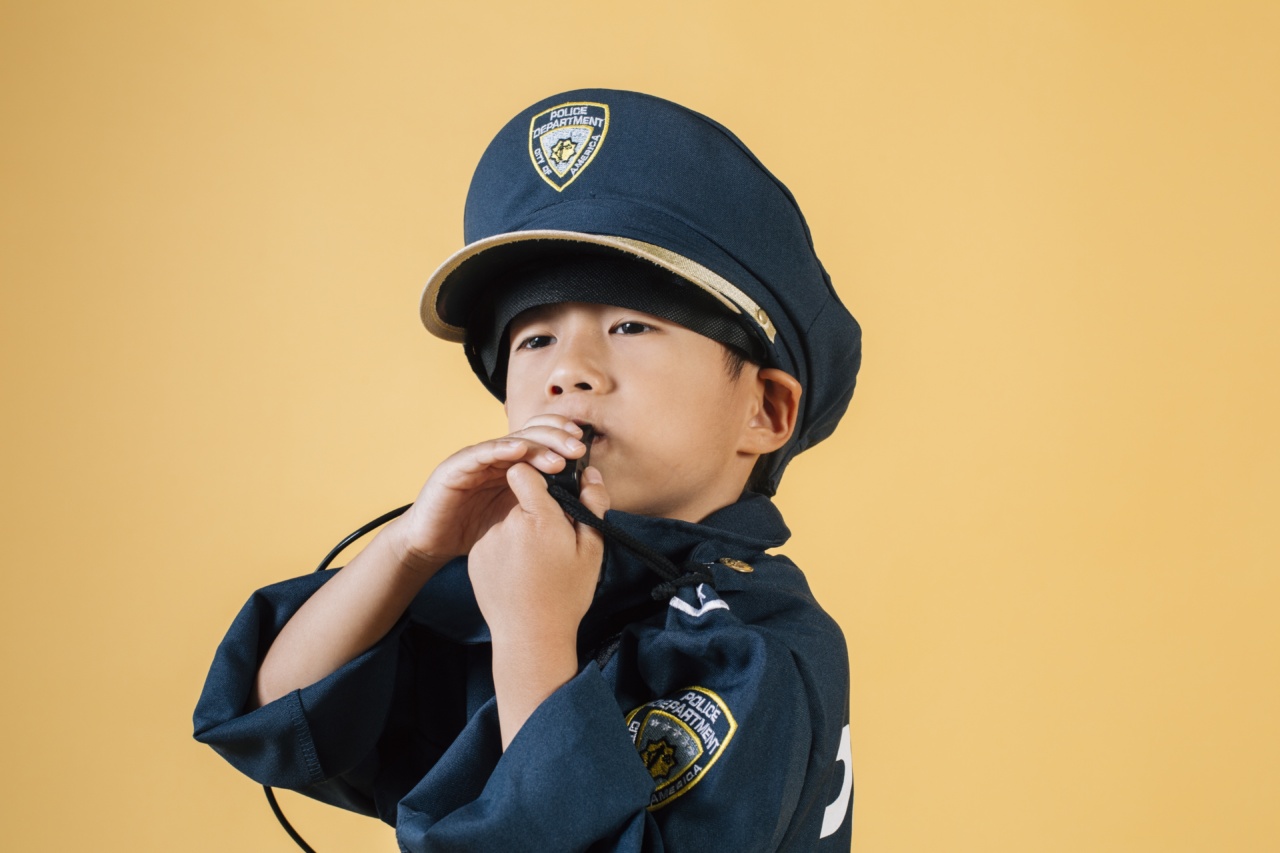The magical idea of Santa Claus has been enchanting children for centuries. But, as much as we would like for our little ones to keep believing in the myth of Santa Claus, they eventually grow out of it.
The question is, when do kids stop believing in Santa? Let’s take a closer look.
How Belief in Santa Begins
It’s not uncommon for many young children to believe in Santa Claus, the jolly man who brings gifts, on Christmas day. The idea of a man in a red suit making presents and delivering them via a magical sleigh is amusing and fascinating to a young mind.
This belief in Santa Clause, for most children, is fueled by popular culture and brings a sense of wonder and mystery to the holiday season.
When do Kids Start to Suspect that Santa is not Real?
As children grow up and start to mature, their reasoning ability also improves. The concept of Santa Claus starts to look a bit odd and questionable.
Older kids, especially those in middle and high school, begin to ask questions about Santa, such as: “How does Santa manage to visit every house on earth in just one night?” With more advanced mathematical and probability skills, children’s doubts about the existence of Santa soon become confirmed.
Realistic Explanations
At some point, children start to realize that the idea of a fictional character delivering presents all over the globe in just a single night, defies scientific laws.
Many children also have to grapple with the fact that Santa Claus is never seen or heard while delivering the gifts. Parents and caregivers play a crucial role in educating children on the idea of Santa Claus and separating imagination from reality.
The Impact of Socialization
Socialization plays a significant role in a child’s belief in Santa. Children who interact with other kids who do not believe in Santa Claus, start to question their own beliefs.
Parents also play a crucial part in shaping a child’s decision to believe or not believe in the popular Christmas character.
The Age Kids Stop Believing in Santa
The average age kids stop believing in Santa Claus is between seven and eight years old. At this age, most children have developed advanced reasoning and can figure out the workings of Santa Claus.
The National Curriculum for England reports that by seven years old, children become more analytical and understand that stories, myths, and religious beliefs aren’t always true.
The Importance of Keeping the Myth Alive
While it’s inevitable that your child will eventually stop believing in Santa Claus, it’s important to keep the spirit of the story alive.
As children stop believing in Santa, they tend to become interested in Christmas itself and other family traditions. Hence, it’s important to encourage the tradition and values that the story represents. Additionally, Santa represents the concept of giving, kindness, and thinking of others.
They are core concepts that children can internalize and hold onto throughout their lives.
Impact of the Media
The media has a significant impact on how long kids believe in Santa Claus. Children who watch Christmas movies that perpetuate the existence of Santa Clause tend to believe in him for longer.
On the other hand, those who see movies like The Polar Express that indirectly questions Santa’s existence at the end tend to be skeptical of his existence.
The Role of Parents
Parents have a significant role in shaping their children’s perception of Santa Claus. While some parents continue to encourage the idea of Santa Claus well into their children’s teenage years, others cut the pretense entirely.
It’s important to be sensitive to your child’s feelings and not to force them into believing in the fictional character if they’re already skeptical.
The Bottom Line
The myth of Santa Claus is a way for children to experience the magic and wonder of Christmas. While some children hold onto this belief until a later age, most kids stop believing by the time they’re eight years old.
Ultimately, it’s up to the parent to decide how long they want to encourage the myth of Santa Clause and the traditions that come with it. But whether or not your children still believe in Santa Claus, the spirit of the holiday remains, emphasizing togetherness, kindness, and generosity.






























